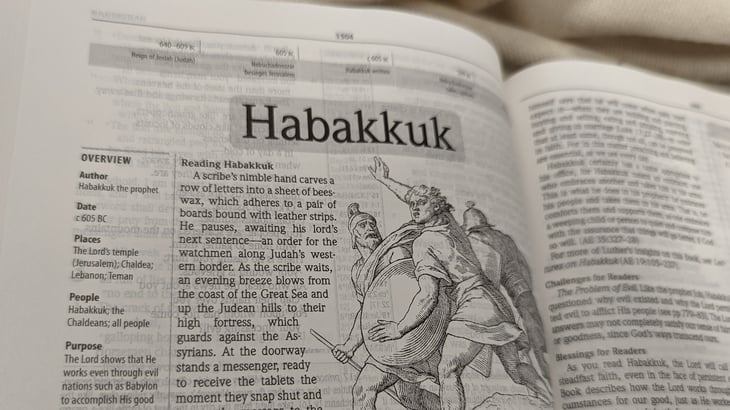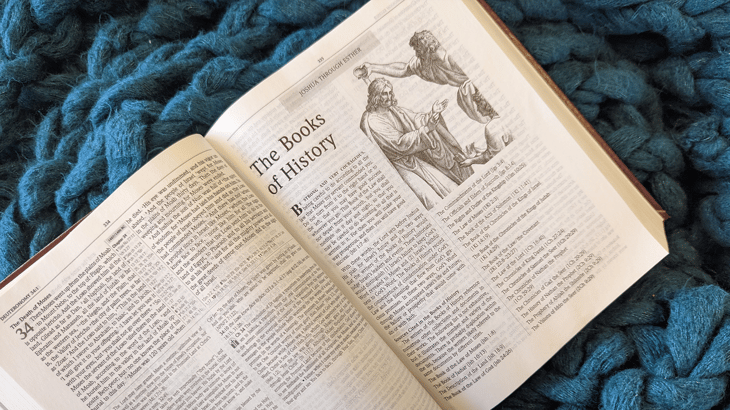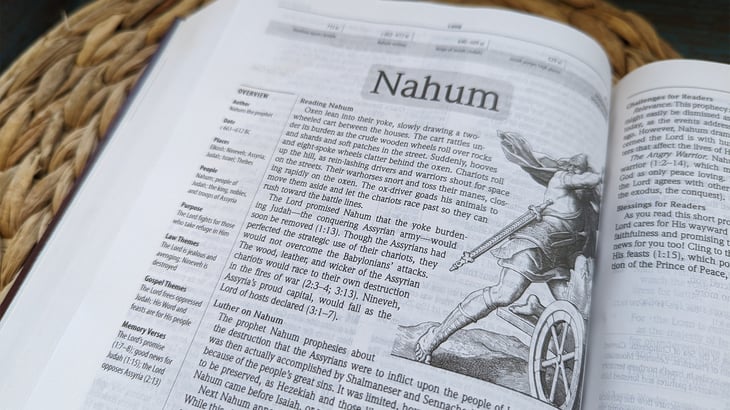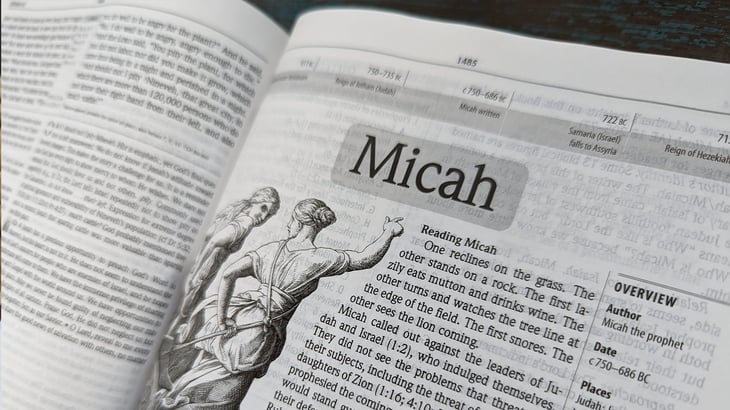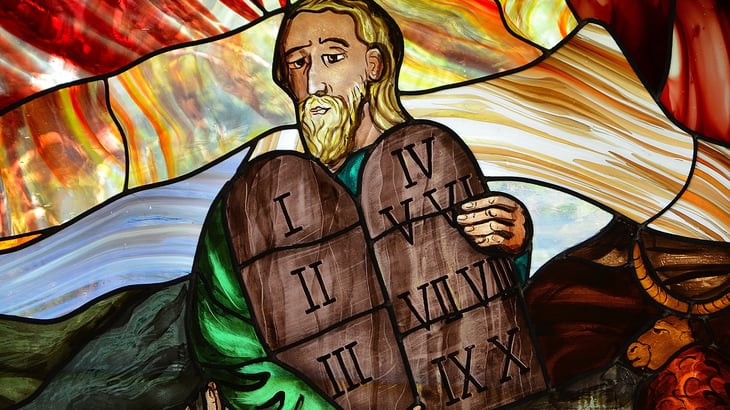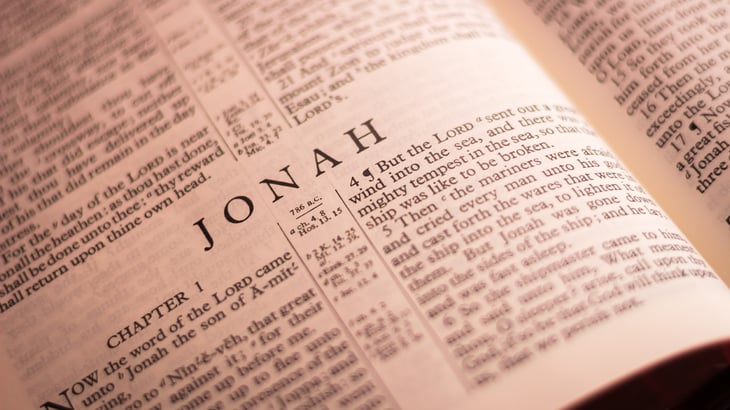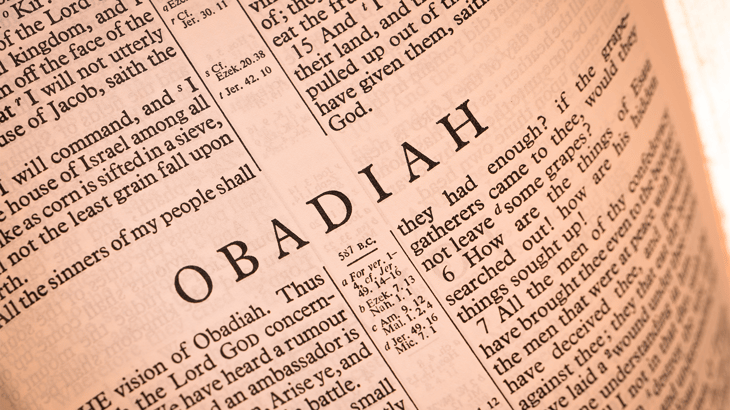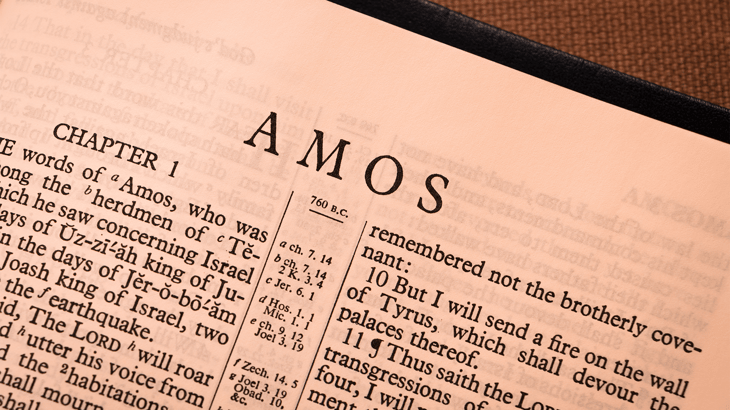Recent Posts by Concordia Publishing House
Habakkuk: An Overview
Why does God allow bad things to happen to those who love Him? Habakkuk cries out to God and asks Him why He continuously allows the righteous to be persecuted by the wicked. In this book, Habakkuk records God’s response to the faithful. The following has been adapted from Lutheran Bible Companion.
Overview: The Books of History
The following has been adapted from the Lutheran Bible Companion.
To understand the Books of History, it is imperative to understand what came before them. The Books of the Law and the Books of Moses (the Torah) gave instruction to God’s people. The Law established the terms of the covenant God would be in with His people. Simply put, God would provide and protect for His people, and they would obey His statutes and be His chosen people. The future of Israel was understood through this relationship between God and His people.
Nahum: An Overview
Nahum is a book of comfort for those who trust in the LORD. God is portrayed as a warrior who will fight for His people, but He is also as an avenging God who does not tolerate wickedness. The following is adapted from Lutheran Bible Companion.
Micah: An Overview
The Book of Micah reveals God's judgement toward a disobedient people and proclaims that their punishment and exile will soon be at hand. However, God promises in His mercy to restore a remnant from whom the Messiah will come. The following has been adapted from the Lutheran Bible Companion.
A Study in Discipleship: Matthew 28:16–20
In this study, Rev. Dr. Jeffrey Gibbs explores what it means to make disciples. Jesus commands us to make disciples, but what does that entail? Dr. Gibbs’ perspective helps us understand the Great Commission and what it means to be a disciple of Christ. The following is adapted from Matthew 21:1–28:20 in the Concordia Commentary series.
Overview of the Books of Moses
This blog post is adapted from the Lutheran Bible Companion.
The Hebrew name for the Books of Moses is “Torah.” (The Greek title is “Pentateuch”). The conventional translation of “Torah” with “Law” is most lamentable. If it were possible to turn back the clock and expunge misleading renditions from our Bibles, this would surely be the place to start. It indisputably is one of the major culprits in reinforcing the stubborn prejudice that somehow the Old Testament is more legalistic.
Jonah: An Overview
The Book of Jonah applies the theme of repentance both to the prophet and to the people of Nineveh. The events related in the book explore the nature of God’s mercy and patience as well as the role of mankind in God’s mission. It is a story of both personal and national repentance. The following has been adapted fromtheLutheran Bible Companion.
Obadiah: An Overview
The book of Obadiah, although the shortest of the twelve minor prophets, has much to teach us today about spiritual arrogance and unfaithfulness. Looking forward to Christ, this short book explains the Lord’s judgment. The following has been adapted from The Lutheran Bible Companion.
The Origin of Scapegoat
What does an Old Testament book like Leviticus have to teach us about Jesus' death and resurrection? The Concordia Commentary volume on Leviticus clearly teaches us the connection between an old Jewish Festival and Good Friday.
An Overview of Amos
Perhaps the most important aspect of biblical interpretation is understanding what the message meant to its original audience and how that translates to life today. The following is an excerpt from the Lutheran Bible Companion, which assists readers in identifying the original meaning and the application of Amos.

